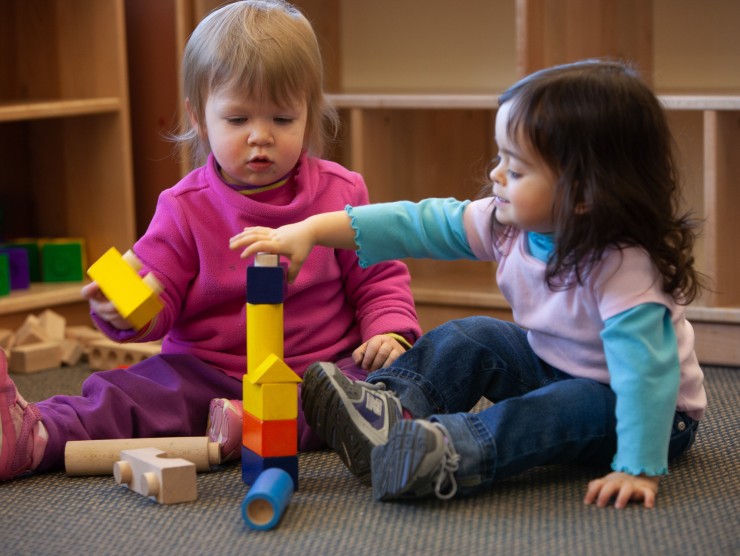Working Parents Prioritize Social Development in Considering Pandemic Child Care Solution

January 19, 2021 – The stress and uncertainty brought on by almost a year of the COVID-19 pandemic has left working parents struggling to find a child care solution that not only meets the expectations of their employers, but also the social and educational development of their children.
A new survey of working parents commissioned by Bright Horizons® (NYSE: BFAM) revealed that over three-quarters (78%) of parents whose children are not in a child care center or school setting are worried that their child is missing out on social and other developmental opportunities.
Almost half of parents (46%) with a nanny or in-home care provider agree that a child care center or school setting would provide more opportunities to socialize with other children, and 4 in 10 believe it would provide educational opportunities (41%) and/or more engaging activities (38%) for their child.
On the other hand, two-thirds (67%) of parents with children in a child care center or school environment feel their arrangement supports the social development of their child.
“Working parents have spent the past 10 months being very nimble, pivoting on a daily basis as the world follows the course of the COVID-19 pandemic,” said Stephen Kramer, CEO of Bright Horizons. “But after almost a year of living, working and caregiving from home, parents are in need of a consistent, reliable child care solution that enables them to focus on their work while keeping their children safe and healthy and also supporting the social, emotional and intellectual growth of their children.”
According to the survey, the majority of parents (97%) with children in a child care center or school setting feel their arrangement allows them to focus on their work. The survey also revealed that most parents (89%) whose children do not attend a child care center or school setting would consider this option for their child in the foreseeable future. The inability to juggle parenting and work (34%), along with children becoming increasingly bored at home (29%), are the factors that will weigh most heavily in parents’ decision to enroll in group education settings.
The study presents the findings of an Online CARAVAN® survey conducted by ENGINE Insights between November 5-10, 2020 among a sample of 1,004 parents of children ages 12 and under who are employed full-time or part-time.
